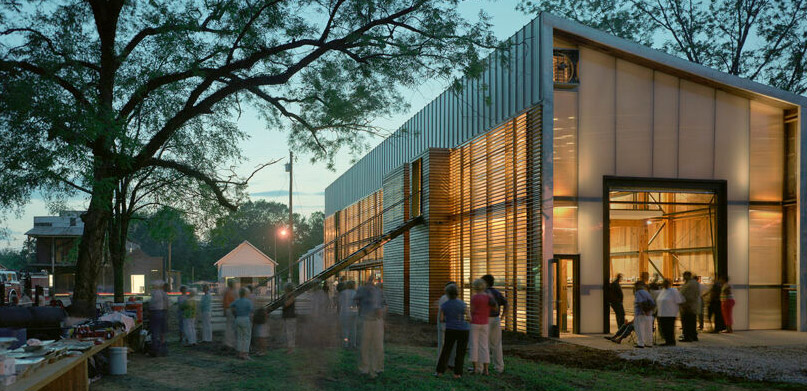

Some 46 million Americans live in rural communities, many of which are vibrant, wonderful places to live, but lack access to resources and are faced with decaying or nonexistent infrastructure. Failing wastewater and sewage systems are creating unhealthy living conditions and impeding economic development. While many builders, lenders and leaders are often saying “no” to rural residents, Auburn University is saying “what can we do to help?”

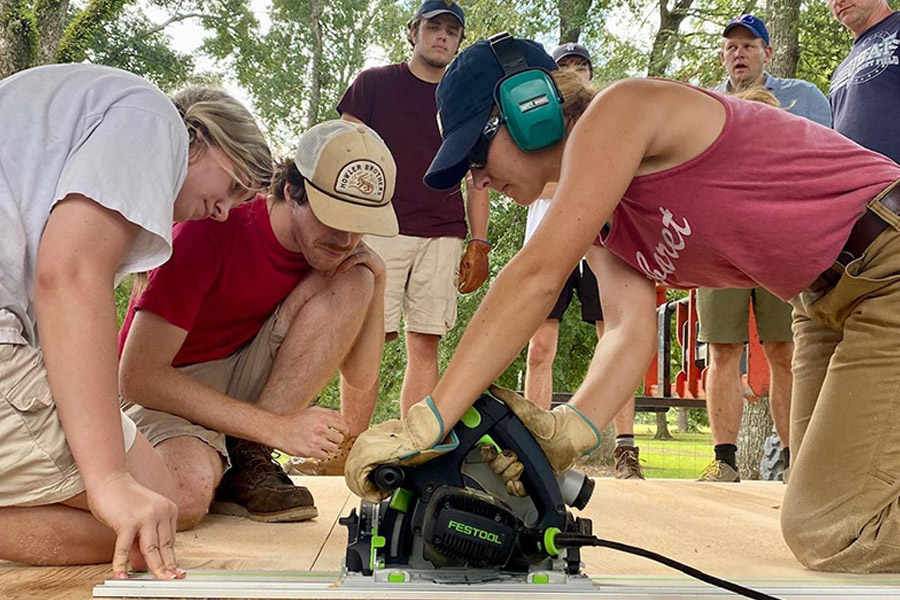
Rural towns need lasting solutions, not quick fixes, which is why the Rural Studio program – one of the oldest and most well-respected design-build programs in the world – works with Auburn students to design and build projects that lead to scalable building practices that other communities can follow.

By focusing on the interconnectedness of economies and resiliency, we are exploring innovative building techniques to create affordable, durable, efficient, healthful homes and community projects.
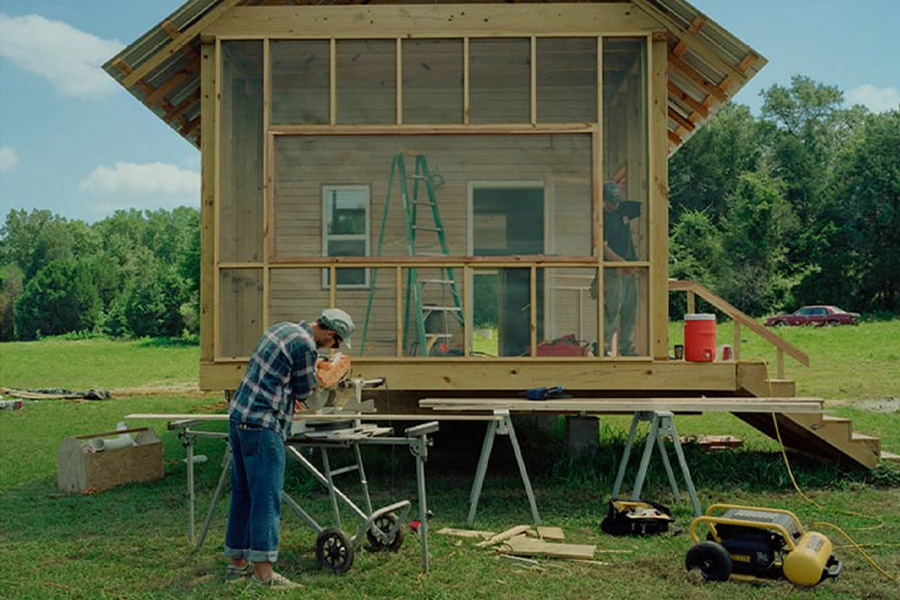
We leverage renewable local resources that have the potential to enrich regional economies and create new jobs.
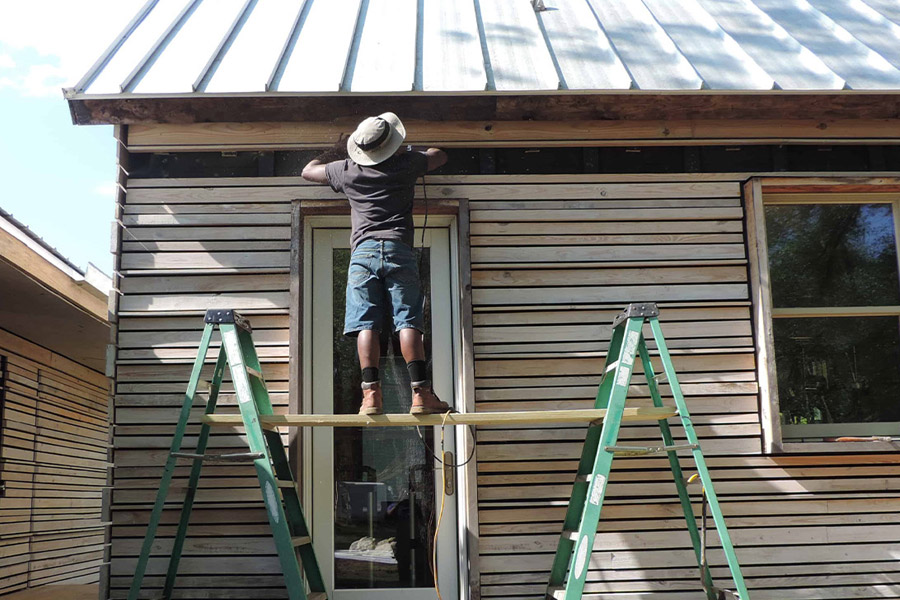
We are tackling local and regional concerns, including viable small-scale farming and wastewater treatment, and our financial partners are re-focusing on rural-friendly mortgages.

Modernizing civic infrastructure has not only provided places to gather and vote but also created new resources like a public library internet hub in a poorly connected community.
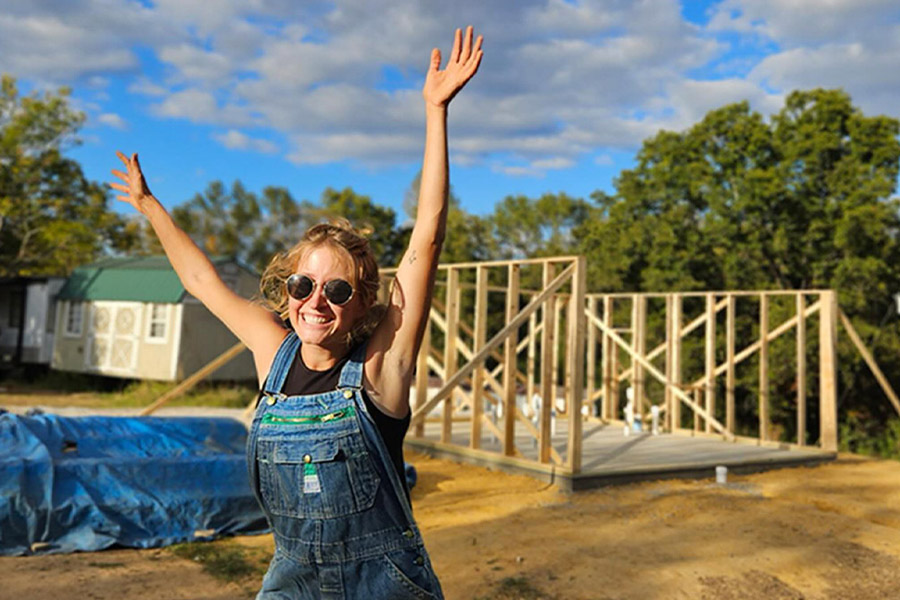
Over three decades, students have built more than 220 homes and community projects that benefit rural communities, and our innovative approach to education, research and outreach can be applied in other regions across the nation.




